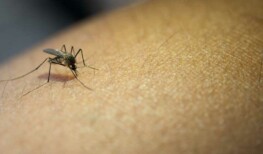Sharif Mohamed’s Journey Beneath the Waves
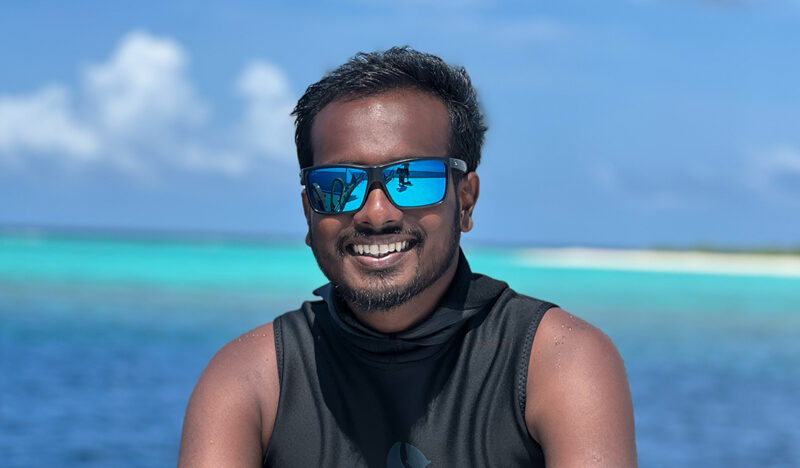
“I have always loved swimming and snorkelling for as long as I remember,” says Sharif Mohamed, a 25-year-old dive instructor in the Maldives.
“As a teenager, I learned how to free dive, which made me more curious about the deeper sea and organisms.”
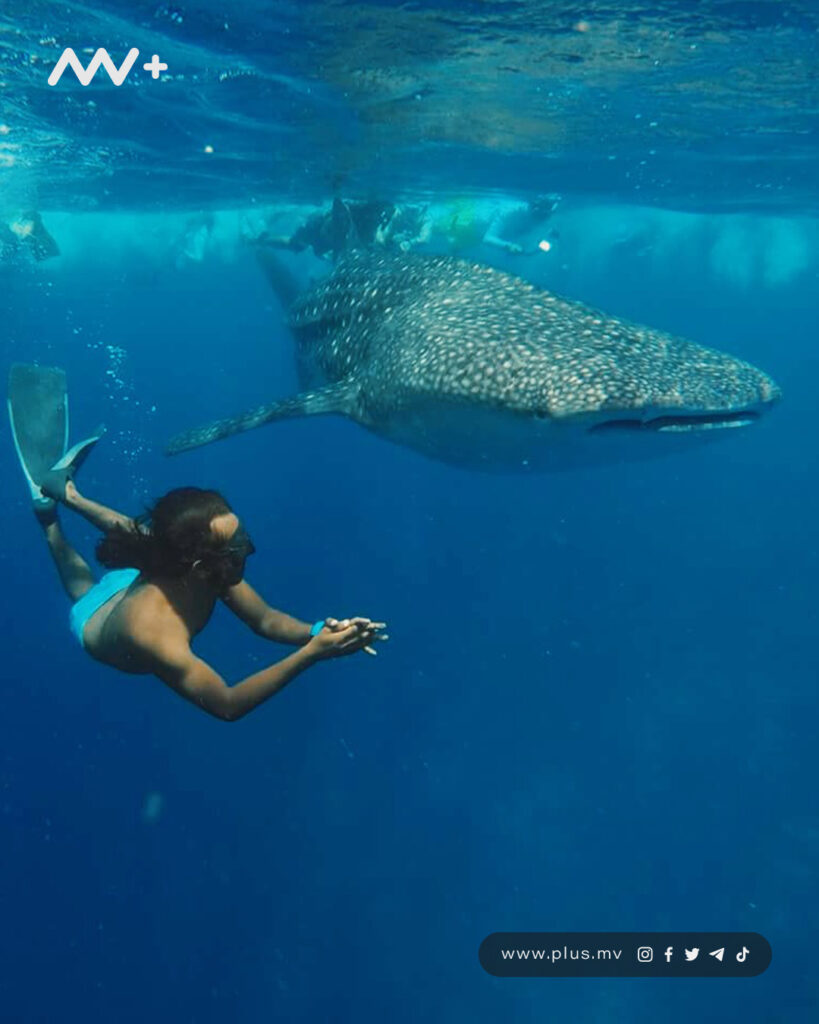
By 17, Sharif had already earned his advanced open-water diver qualification. At 18, he chose to become a dive instructor. “I wanted to be able to show and teach others the experiences I have while diving,” he recounts.
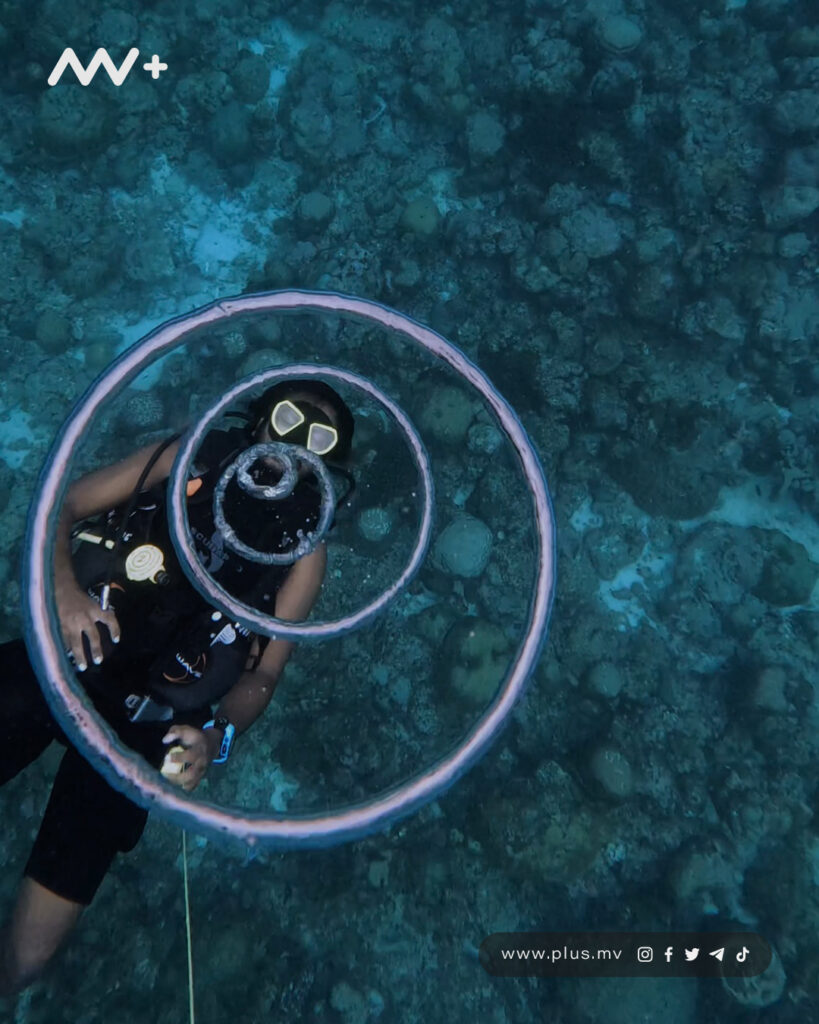
The journey to become a dive instructor presented challenges. “I did my instructor training during the Covid years, which financially challenged me,” Sharif recalls.
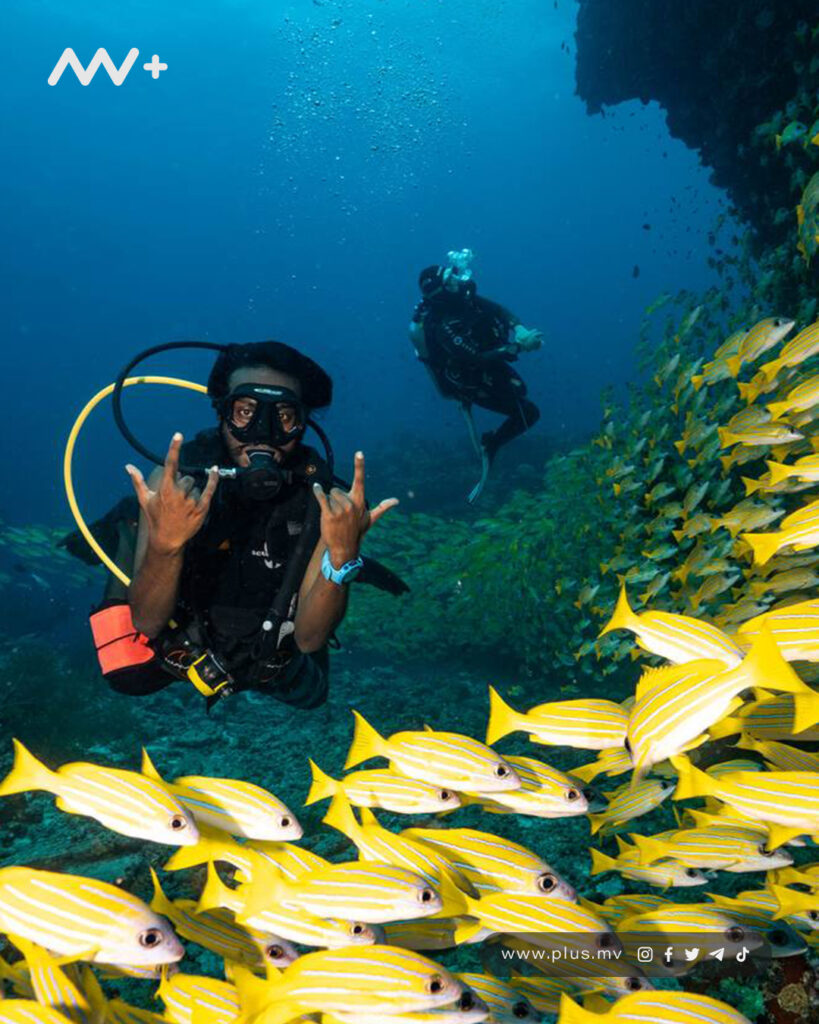
He’s appreciative of programmes that aid budding instructors. “It’s great that nowadays everyone interested can become a dive instructor.”
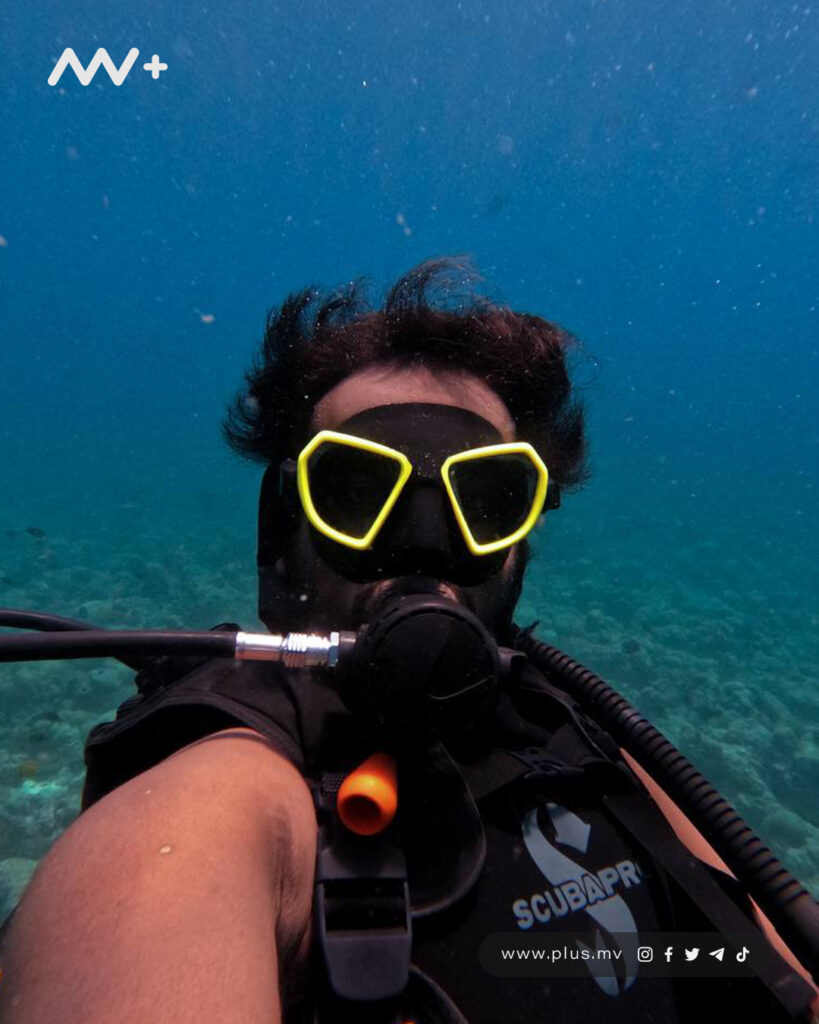
Upon reflection, Sharif’s only regret is not starting his training earlier. “If there’s anything I would have done differently, I would have started training to be a dive instructor sooner.”
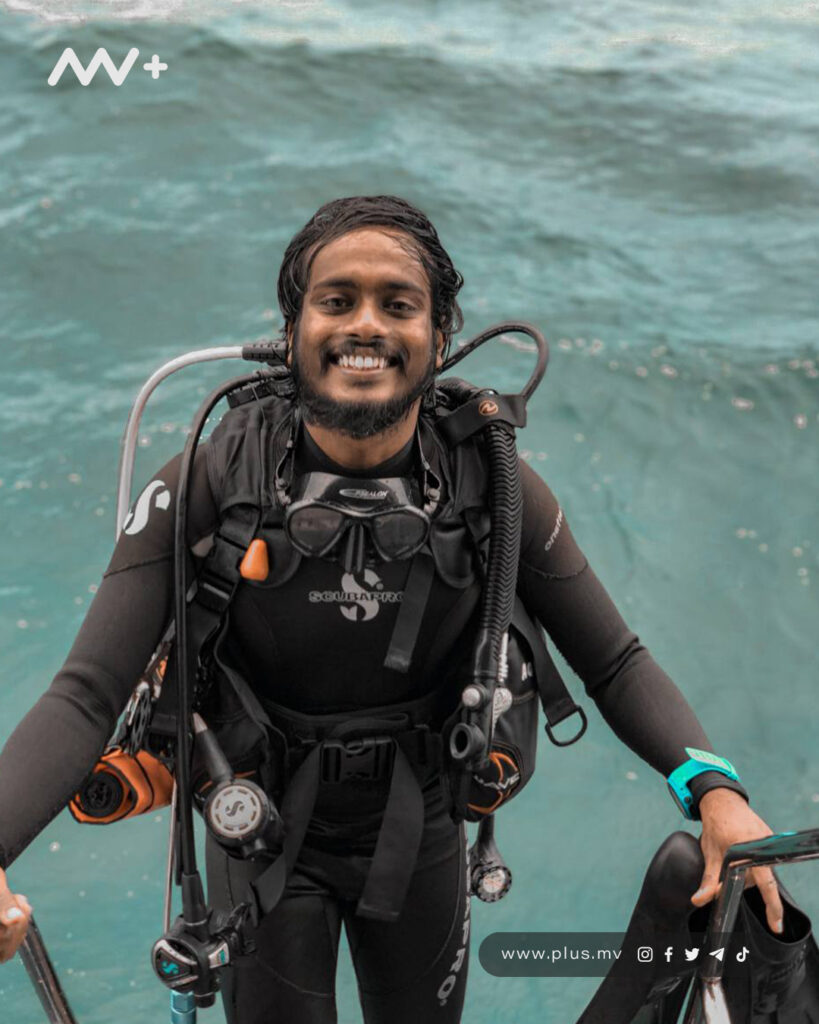
Sharif addresses some misconceptions about diving. “A common misconception is that it’s an easy job and that anyone can do it, when in fact we have to learn a multitude of skills and have a lot of confidence in ourselves. A whole day of diving can be both physically and mentally draining.”
When questioned about the most rewarding aspect of his profession, Sharif said that he particularly values observing different underwater organisms.
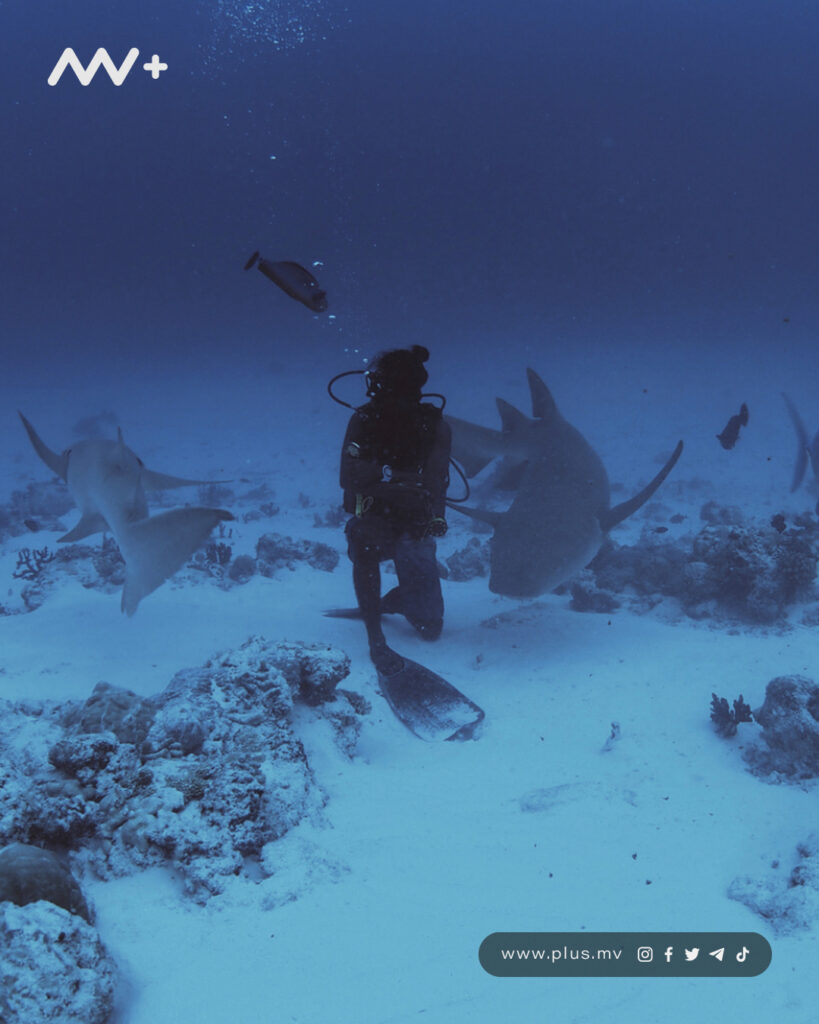
“What I love most about it is that I get to see different underwater organisms and I get to create and share more content about them.”
However, Sharif has also observed the deteriorating health of the Maldivian marine ecosystem. “A lot of dive sites which were popular in the past have changed drastically. Reefs are dead or significantly damaged, and there’s very little to no life seen.”
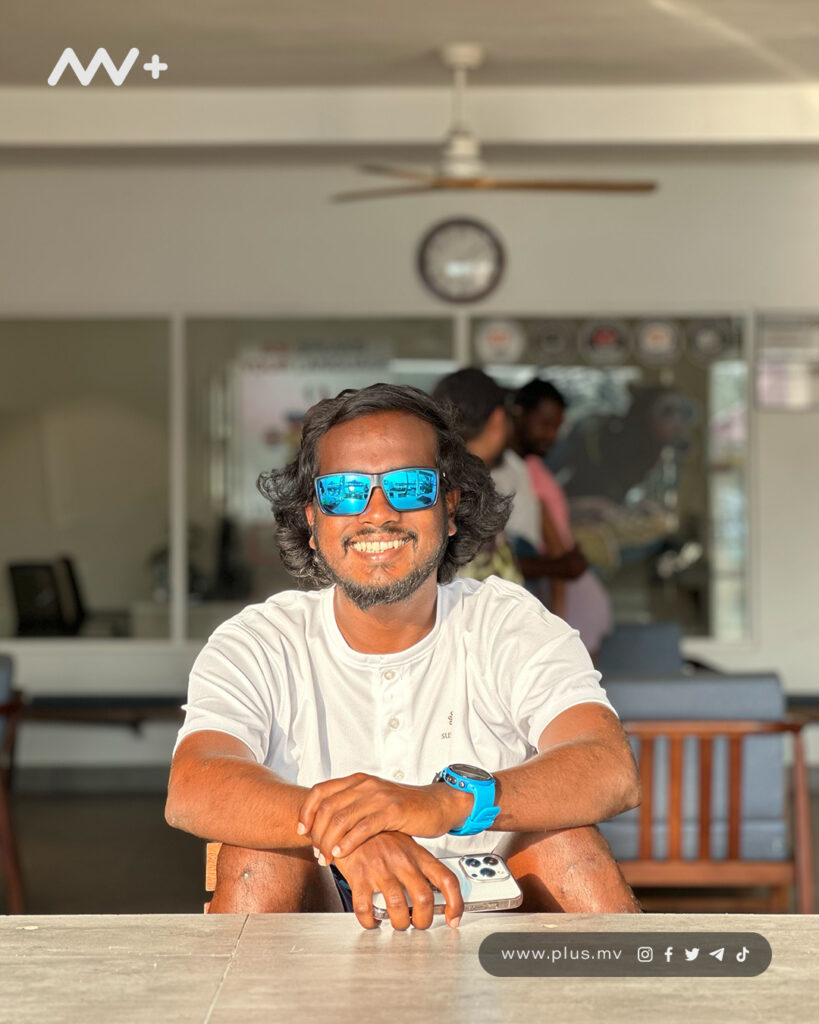
Yet, he remains hopeful about responsible diving. “If all divers dive appropriately and respect marine life, it can significantly improve the environment.”
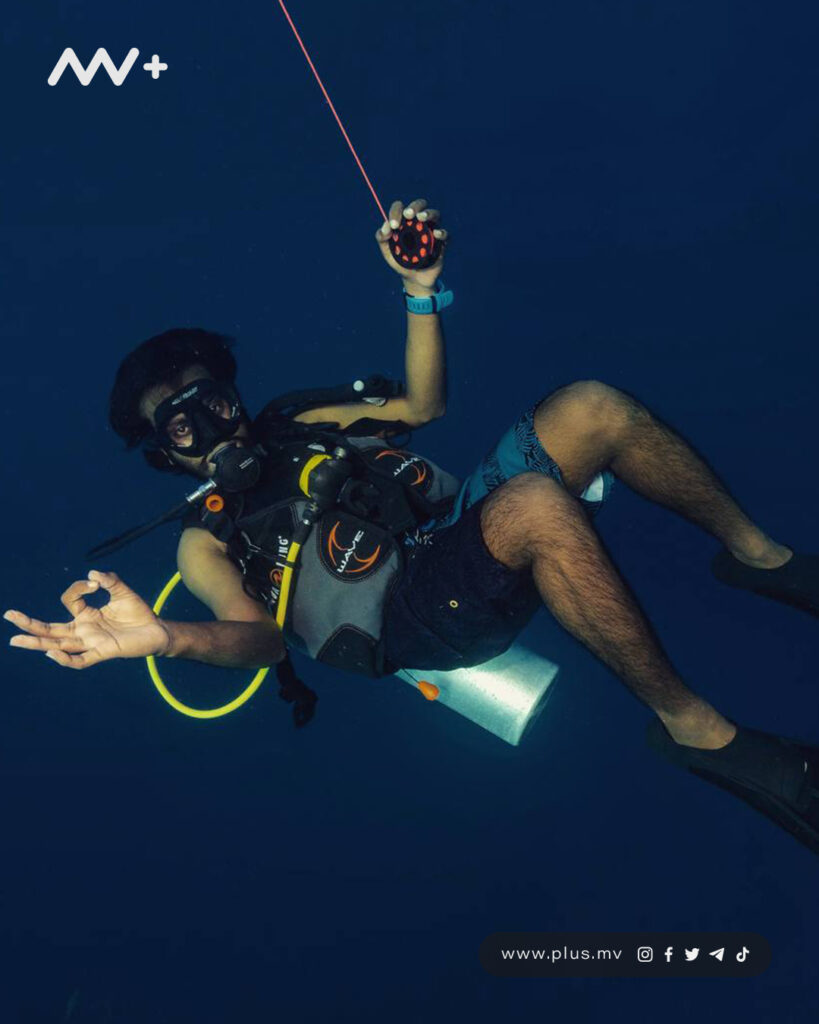
Sharif’s primary environmental concern is water pollution, specifically plastic pollution. “It has the most impact on marine life. We cannot control natural causes, but we can limit the effect we have on the environment,” he said.






